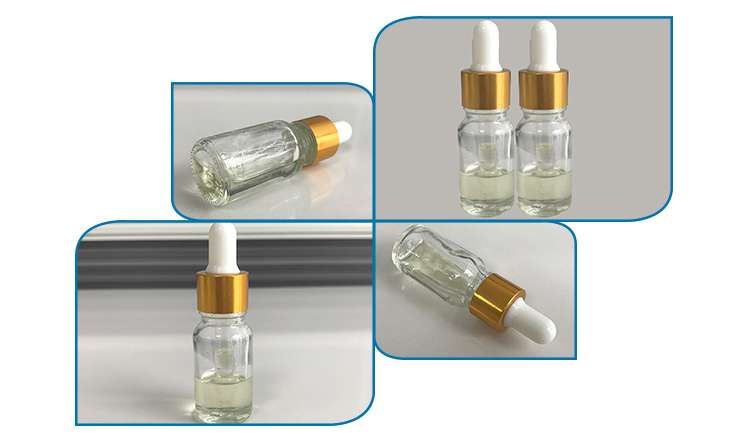Jojoba oil is a liquid wax extracted from the seeds of the jojoba plant (Simmondsia chinensis or Simmondsia californica). It is unique among plant oils in that it closely resembles the sebum produced by human skin, making it an excellent moisturizer and emollient for both skin and hair. Here’s an overview of its chemical structure and physical properties:
Chemical Structure of Jojoba Oil:
- Jojoba oil is primarily composed of long-chain monounsaturated fatty acids and fatty alcohols.
- The main components include esters of straight-chain alcohols with fatty acids, such as eicosenyl acetate, docosenyl acetate, and oleic acid.
- The predominant ester in jojoba oil is often referred to as “wax ester,” which consists of a fatty acid linked to a fatty alcohol through an ester bond. The most common wax ester in jojoba oil is cis-13-eicosenoic acid (20:1) linked to docosanol (22:0), commonly known as eicosenyl alcohol.

Physical Properties of Jojoba Oil:
- Appearance: Jojoba oil is a clear, golden-colored liquid at room temperature.
- Odor: It has a mild, nutty aroma.
- Texture: Jojoba oil has a light and silky texture, making it easy to apply and absorb into the skin without leaving a greasy residue.
- Stability: It has a long shelf life and is highly stable against oxidation, rancidity, and microbial degradation due to its high content of antioxidants.
- Melting Point: Unlike most vegetable oils, jojoba oil has a low melting point, typically ranging from 7°C to 10°C (45°F to 50°F), which allows it to remain liquid at room temperature.
- Solubility: Jojoba oil is insoluble in water but soluble in most organic solvents.

Applications of Jojoba Oil:
- Skincare: Jojoba oil is a popular ingredient in skincare products such as moisturizers, cleansers, and lotions due to its moisturizing and soothing properties. It is often used to treat dry skin, eczema, and psoriasis.
- Haircare: Jojoba oil is beneficial for hair health, acting as a conditioner and providing shine and manageability. It is commonly found in hair serums, shampoos, and conditioners.
- Cosmetics: Jojoba oil is used in cosmetics for its emollient properties and as a carrier oil for essential oils in aromatherapy blends and massage oils.
- Industrial: Jojoba oil is also used in various industrial applications, including lubricants, biodiesel production, and as a renewable alternative to petroleum-based products.
Overall, jojoba oil’s unique chemical composition and beneficial properties make it a versatile ingredient in skincare, haircare, cosmetics, and industrial applications.
